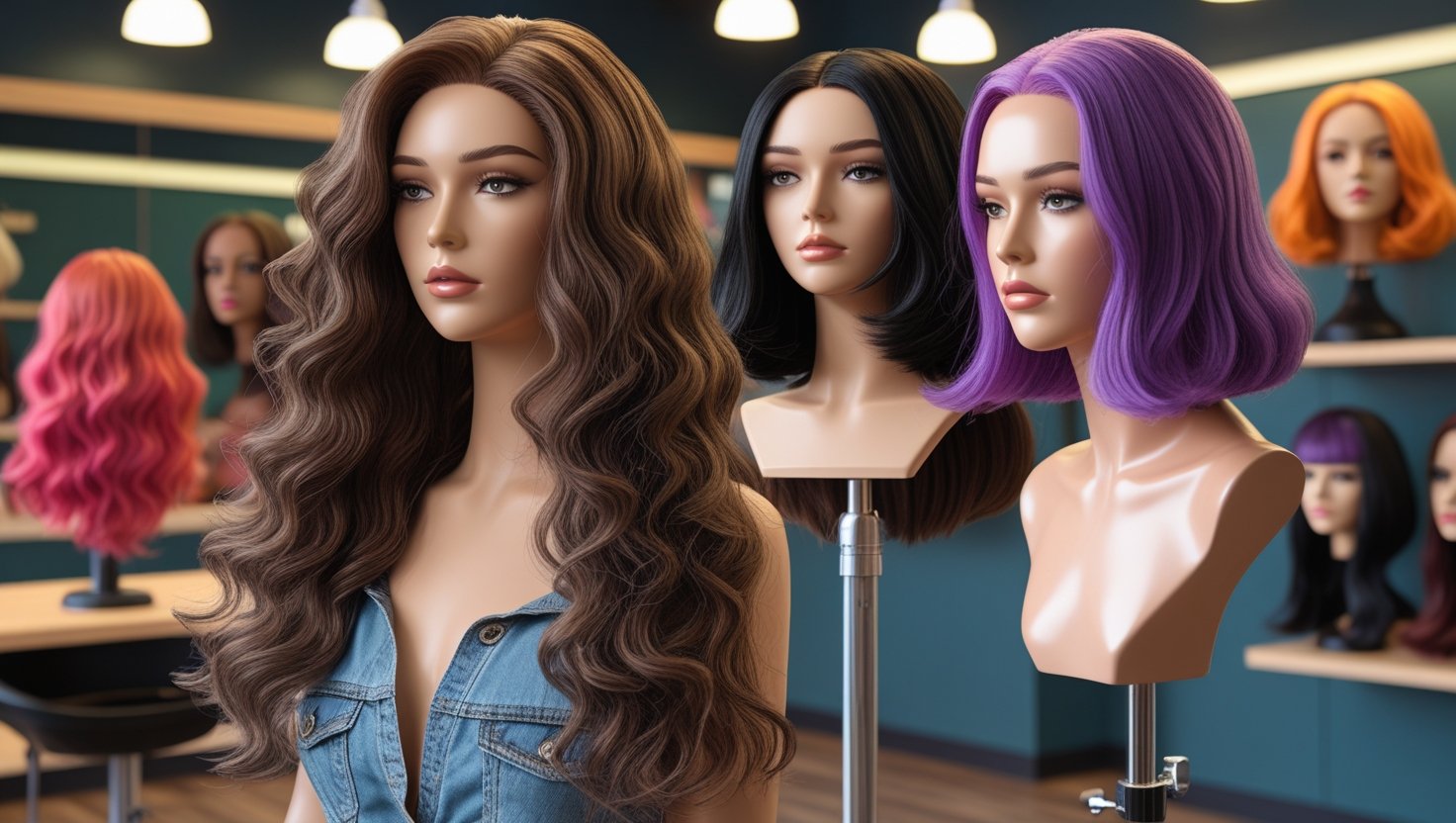Introduction
The Listcrawler arrest has sparked discussions in various industries, including fashion. While legal issues can often cast a shadow, this event has unexpectedly influenced the fashion world in a positive way. From ethical shopping to promoting sustainable fashion, this development has inspired brands and consumers to shift towards more responsible choices.
In this article, we’ll explore how the Listcrawler arrest has impacted fashion, leading to a cultural shift that emphasizes integrity, sustainability, and innovation.
1. Understanding the Listcrawler Arrest and Its Broader Impact
The Listcrawler arrest refers to legal actions taken against online platforms that facilitated unregulated activities. While the legal implications are significant, the event has triggered a broader cultural movement—particularly in industries such as fashion—that is now leaning towards transparency and ethical consumerism.
2. The Fashion Industry’s Response to Ethical Concerns
Fashion brands have increasingly adopted a zero-tolerance policy towards unethical labor and sourcing practices. The discussion surrounding the Listcrawler arrest has reinforced the need for fashion companies to ensure fair trade and legal compliance in their production chains.
2.1 Emphasis on Ethical Sourcing
Luxury and fast fashion brands are now prioritizing ethically sourced materials and ensuring fair wages for workers. This shift aligns with the growing consumer demand for ethical fashion.
2.2 Promoting Transparency
In response to growing concerns about shady dealings in various industries, fashion brands are improving transparency in their supply chains. Many companies now provide detailed information about their production processes, ensuring accountability.
3. A Shift Towards Sustainable Fashion
The Listcrawler arrest has also heightened awareness regarding sustainability in the fashion industry. Consumers are now making more eco-conscious choices, leading to a surge in demand for sustainable fabrics and ethical clothing lines.
3.1 Sustainable Fabrics on the Rise
Materials such as organic cotton, bamboo fabric, and recycled textiles are becoming more popular. These alternatives reduce the environmental footprint of the fashion industry while maintaining high-quality designs.
3.2 Slow Fashion Over Fast Fashion
Fast fashion is notorious for unethical practices and environmental damage. However, with increased awareness, more people are choosing slow fashion—investing in fewer, high-quality pieces rather than constantly purchasing cheaply made garments.
4. The Role of Social Media in Driving Positive Change
Social media platforms are playing a crucial role in spreading awareness about ethical fashion trends. Influencers and fashion icons are encouraging their audiences to support fair trade brands and sustainable alternatives.
4.1 Consumer Awareness and Activism
More consumers are now educated about where their clothes come from. They are making informed choices, supporting ethical brands, and calling out companies that engage in unethical fashion practices.
4.2 Fashion Influencers Supporting Ethical Brands
Major influencers and fashion bloggers are actively promoting sustainable and ethical brands, making it trendy to wear responsibly sourced clothing.
5. Fashion Brands Leading the Change
Several big fashion brands have taken the initiative to improve their practices following the Listcrawler arrest discussions. These brands are redefining industry standards by adopting ethical production models.
5.1 High-End Designers Advocating for Change
Luxury brands like Gucci, Stella McCartney, and Prada have pledged to use sustainable materials and ethical labor practices in their collections.
5.2 Streetwear and Fast Fashion Brands Adapting to New Trends
Popular streetwear brands are also shifting towards ethical sourcing, ensuring their collections align with the new wave of conscious consumerism.
6. The Future of Ethical Fashion
The positive influence of the Listcrawler arrest is expected to drive the fashion industry toward long-term ethical and sustainable practices.
6.1 Consumer Demand for Ethical Choices
As more people prioritize ethical shopping, brands will need to maintain high transparency and sustainable approaches to stay relevant.
6.2 Government Regulations Supporting Ethical Fashion
Governments worldwide are pushing for stronger regulations to support sustainable fashion practices, further reinforcing the shift towards responsible manufacturing.
Final Remarks
The Listcrawler arrest has sparked a wave of positive transformation in the fashion industry. By highlighting the importance of transparency, sustainability, and ethics, this event has encouraged brands and consumers to make better choices. As we move forward, fashion will continue to evolve into an industry that values responsibility, innovation, and ethical consumerism.
By supporting ethical fashion brands, we all contribute to a better, more sustainable future.



